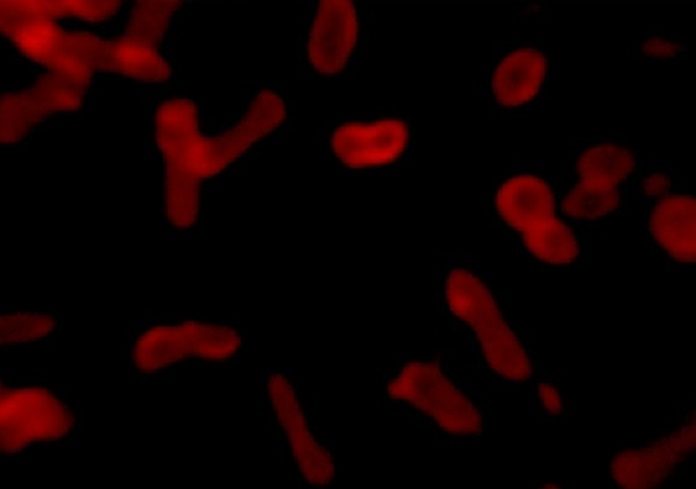UNSW scientists have devised a novel way to shape polymer molecules that can assemble themselves into non-spherical plastic nanoparticles. Scientists hope that this could improve the delivery of toxic drugs to tumors.
Senior author Professor Pall Thordarson said, “Very little in nature is perfectly spherical. Most biological structures like cells, bacteria, and viruses come in a variety of shapes including tubes, rods, and squashed spheres, or ellipsoids. But it has proved very difficult for scientists to synthesize particles that are not perfectly round.”
“Our breakthrough means we can predictably make smart polymers that shift their shape according to the different conditions around them to form tiny ellipsoidal or tubular structures that can encapsulate drugs.”
“We have preliminary evidence that these more natural-shaped plastic nanoparticles enter tumor cells more easily than spherical ones.”
The polymers molecules include both a water-soluble portion and a non-water-soluble portion. These molecules self-assemble into round, hollow structures, known as polymersomes, in solution.
Polymersomes has high stability, chemical versatility. It feasibility allows molecules to be altered on its molecules.
Professor Stenzel said, “It’s a straightforward but elegant solution which we feel has great potential for making a wide range of complex polymer structures inspired by nature.”
